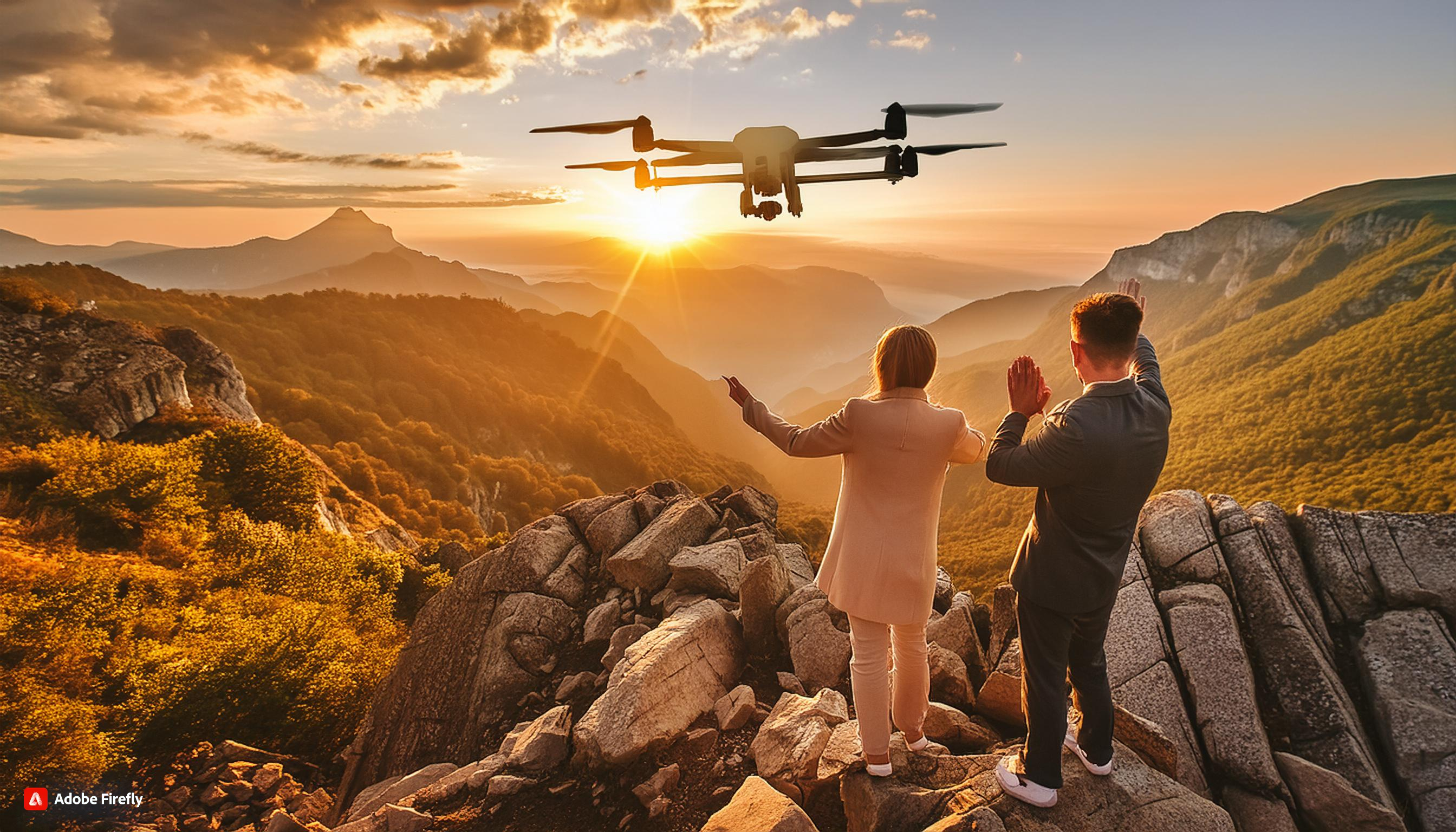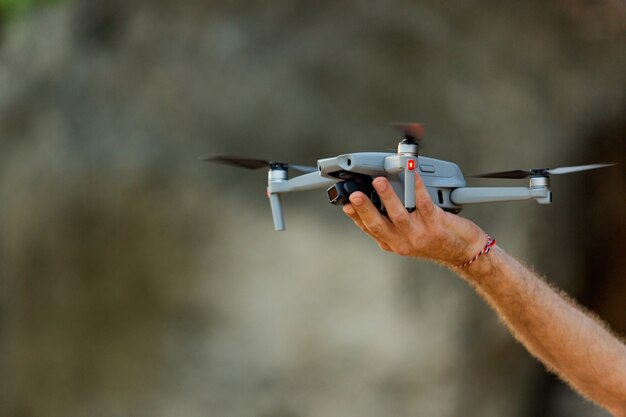Origins of Drone Technology: From Military Experiments to Early UAVs
It is known that drones were first introduced only for military purposes, but with time, a lot of innovations have taken centre stage,

Imagine if there were no rules and regulations to govern a discipline or profession, all would have ended up in an anarchy of sorts. This is the reason why there are rules and regulations laid down. The people exercising that profession should abide by the rules and regulations laid by the governing body. When it comes to drone piloting and aviation in India, it is directed by the DGCA.
The new drone regulations for drone pilots came into effect on the 27th of September 2023.

The alteration in the regulations aims to further liberalize, endorse and facilitate drone operations in the nation and make India a global drone hub by the end of this decade.
As per a notification of the Ministry of Civil Aviation Post amendment, it is made clear that an identity proof and address proof are now accepted to apply for a Remote Pilot Certificate if a person does not have a valid passport. The mandate of having a passport was becoming a hurdle for aspiring drone pilots, particularly in the agricultural industry in the country, as per the ministry.
As per a drone regulator DGCA, no one other than one who holds a valid remote pilot certificate will operate an unmanned aircraft system in India. However, no Remote Pilot Certificate is needed if a drone is of small to medium size up to 2kg for non-commercial drone usage.
A person can obtain an RPC If he is a minimum of 18 years and not over 65 years. The minimum qualification is class tenth or its equivalent from a recognized university and completed training as specified by the DGCA from any authorized institute. Apart from this, a candidate should also fulfill all the legal requirements for a drone pilot. If a person ticks all the boxes, then it is clear that he. She is eligible for a remote pilot certification.

Within 7 days of completion of the training and passing of the tests under sub-rule (1), the institute has to make an application for a remote pilot certificate in Form D-4 accompanied by the fee as specified in rule 46, offering details of the person who has passed the test.
The person in respect of whom the training organization has made an application will be issued an RPC through the Digital Sky platform.
The DGCA will provide the certification within 15 days from the issue of the remote pilot certificate to such people through the digital sky platform.
A remote pilot certificate is valid for 10 years if it is enlisted on the digital sky platform and is not canceled by DGCA. So, it means that if a person abides by the law and does not indulge in any unfair practices, which subsequently results in the cancellation of the certification, one can become a commercial drone pilot legally.

This is all about the new drone regulations in India and if you want to get your hands on a remote pilot certification then you can get a headstart on your journey with us at Flapone Aviation, with both theoretical knowledge as well as practical experience.
From selecting the right drone to finding a course, our team can guide you through every step of your drone journey.